Las campañas del loro [Parrot campaigns]

Click on picture to enlarge, and enjoy the details
Former U.S. President Bill Clinton speaks in front of his statue in the capital Pristina, November 1, 2009. Clinton is in Kosovo where he unveiled the statue on Clinton’s Boulevard. Reuters
El pasado 18 de octubre, Juan Goytisolo afirmó en “El País” que durante las guerras de la ex Yugoslavia (1991-2001) Mitterrand apoyó a Milosevic porque “sólo una Serbia fuerte, podría frenar el previsible expansionismo alemán tras la reunificación de 1990”. Pocos días más tarde, el 9 de noviembre, José Ignacio Torreblanca repitió en el mismo medio la misma afirmación lapidaria.
Hay muchos datos, bien conocidos, que prueban la impostura de tal afirmación. Pero baste recordar que ningún miembro de la Comunidad Europea defendió la unidad del Estado yugoslavo en el verano de 1991, mientras que el gobierno alemán reconoció unilateralmente la independencia de Croacia y Eslovenia en diciembre, y con ello hundió el Plan Carrington, elaborado para facilitar la pacífica desintegración de Yugoslavia. Justamente por eso, Alemania contribuyó decisivamente al comienzo de la Guerra de Bosnia. Genscher nunca explicó claramente por qué se dio ese paso, que puso en peligro la unidad europea. La verdad es que, a veces, los alemanes hacen cosas bastante raras, pero no parece que Goytisolo ni Torreblanca tengan mucho interés en aclararlas.
Pasan unos días más, y empezamos a ver por dónde va la campaña. Sábado, 20 de noviembre: “El País” publica un reportaje firmado por Luis Prados y una entrevista a Hashim Thaci. No es información, sino presión pura y dura para que el gobierno de Madrid reconozca la independencia de Kosovo. El autor no duda en incluir afirmaciones tan distorsionadas como la de Bajran Rexhepi: "¿Por qué España está ejerciendo presión política en América Latina contra el reconocimiento de Kosovo?”.
Pero, ¿realmente alguien puede creer que España es capaz de ejercer alguna influencia sobre países como Brasil o Venezuela en ésta u tras muchas cuestiones?
Parece que sirve cualquier argumento, por patético que parezca. Por ejemplo, Lulzim Peci, director del Instituto Kosovar de Investigación Política y Desarrollo, asegura, “categórico”: "La relación de España con EE UU nunca será realmente cordial mientras España boicotee la estrategia estadounidense en los Balcanes".
Hace falta creer que los Balcanes, y Kosovo dentro de ellos, están en el centro del mundo para decir tales cosas. Pero lo extraño no es que los nuevos estadistas y funcionarios albaneses de la República de Kosovo utilicen argumentos tan demagógicos como inconsistentes. Lo llamativo es que el periódico “El País” persista en un discurso propio de la era Clinton/Aznar, o incluso Bush.
Y es que, concluyendo el año 2009, los intereses empresariales del grupo PRISA conjugados con las presiones de la vieja guardia del PSOE, encabezada por Felipe González, siguen empeñados en hacernos creer que el New World Order aún está vigente. Paciencia: en vísperas de la presidencia española de la EU, vamos a leer cosas mucho más descabelladas.
On 18 October, Juan Goytisolo wrote in "El País" that during the wars of former Yugoslavia (1991-2001) Mitterrand supported Milosevic because "only a strong Serbia, could curb the expected German expansionism after the reunification in 1990". A few days later, on November 9, José Ignacio Torreblanca in the same paper repeated the same lapidarian statement.
There are many well known facts, which prove the fraudulence of this claim. But suffice it to note that no member of the European Community advocated the unity of the Yugoslav state in the summer of 1991, while the German government unilaterally recognized Croatia's and Slovenia´s independence in December; and doing that, sank the Carrington Plan, developed to facilitate the peaceful breakup of Yugoslavia. Just because of this, Germany contributed decisively to the start of the Bosnian War. Mr. Genscher never clearly explained why the German gouvernment gave that step, which endangered European unity. To tell the truth, sometimes the Germans do very odd things, but it seems that neither Goytisolo nor Torreblanca have interest in such clarifications.
A few days later, we started to see where the campaign goes. Saturday, November 20th, "El País” publishes an article signed by journalist Luis Prados and an interview with Kosovo´s President Mr. Hashim Thaci. It was not information, but sheer and hard pressure so that the Madrid government to recognize Kosovo's independence.
The author does not hesitate in including distorted statements such as Bajran Rexhepi´s: "Why Spain is exerting political pressure in Latin America against recognition of Kosovo?"
But, can anyone really seriously believe that Spain can exert some influence over countries such as Brazil and Venezuela, in this or many other issues?
Any argument seems valid, even if pathetic. For instance: Lulzim Peci, Director of the Institute for Research and Development Policy of Kosovo, says, "categorical": "Spain's relationship with the U.S. will never be really friendly while Spain boycott U.S. strategy in the Balkans".
To say such things, you really need to believe that the Balkans, and Kosovo within them, are at the real center of the world. The strange thing is not that the new Albanian statesmen and officials from Kosovo Republic used arguments as demagogic as inconsistent. More striking is that the newspaper "El País" persist in a bizarre language with echoes from the the Clinton/Aznar or even Bush eras.
In conclusion: in Spain, ending the year 2009, the joint action of the business interests of the PRISA business group, conjugated with the pressures of the PSOE´s old guard, led by Felipe González, remains committed to make us believe that the New World Order is still valid. Be patient: on the eve of the Spanish presidency of the EU, we will read more outrageous things, like those.
Etiquetas: Bill Clinton, Bosnia, Bush, Carrington, Croatia, Genscher, Kosovo, Obama, Spain, Thaçi











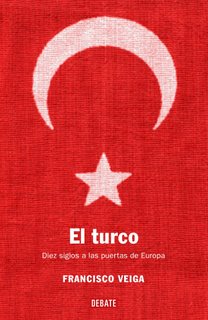

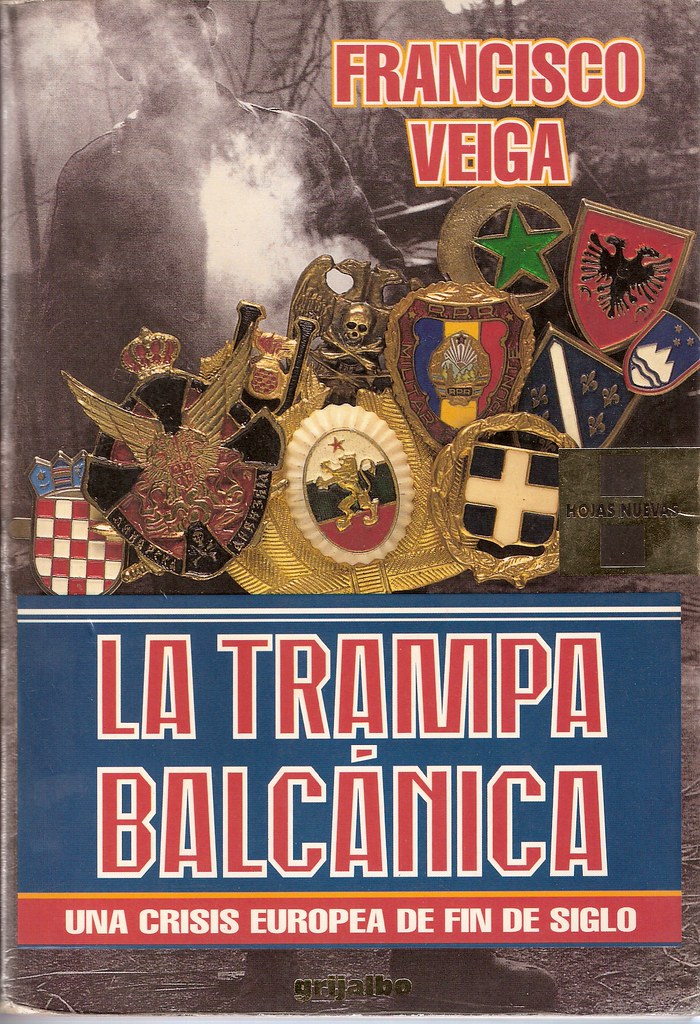
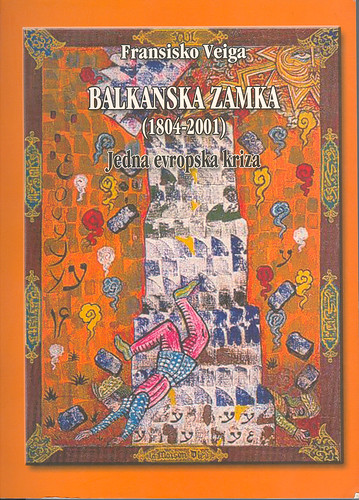
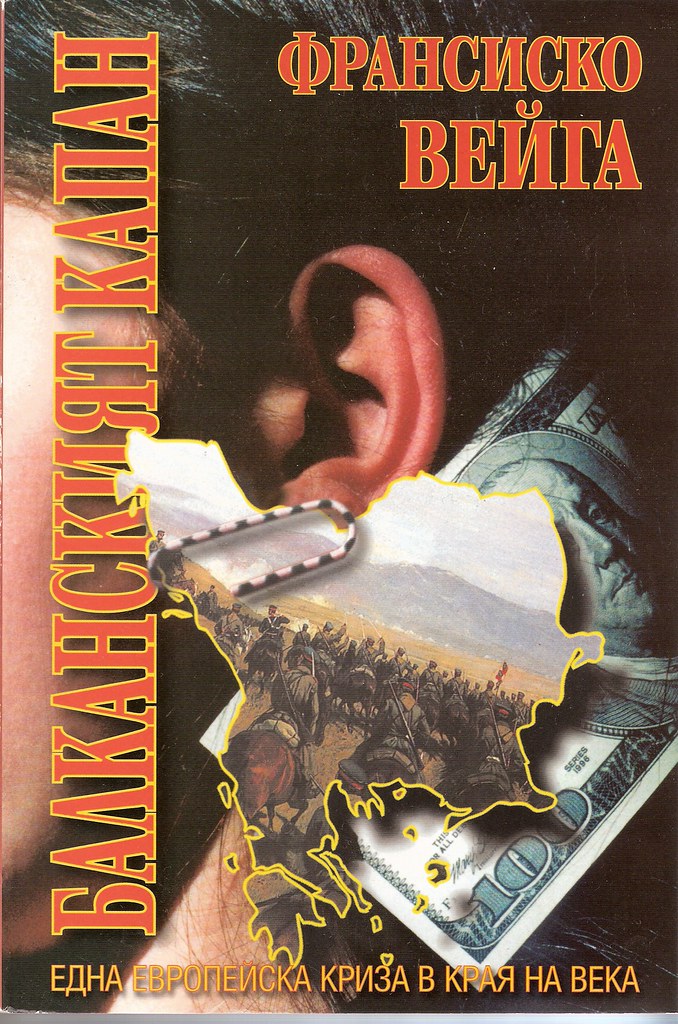
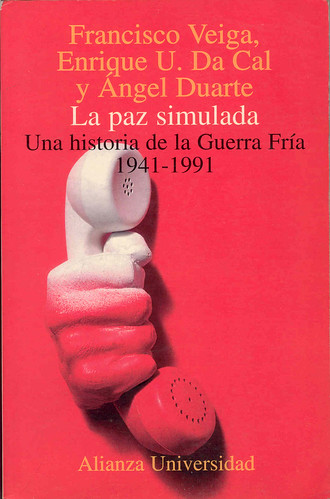
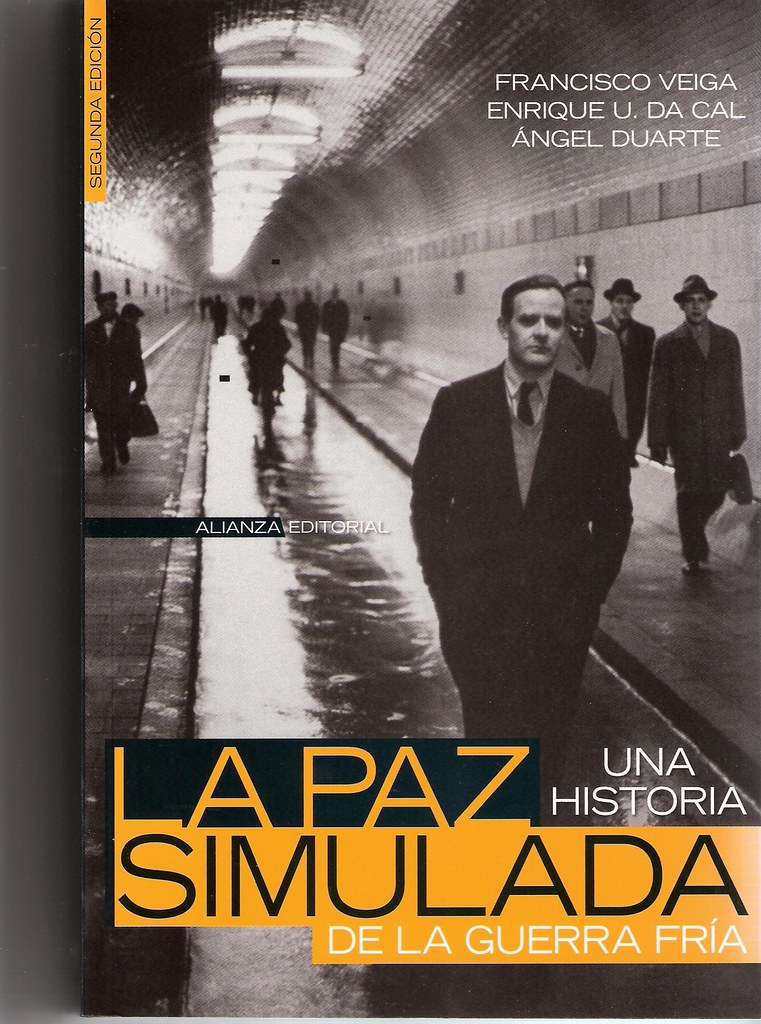
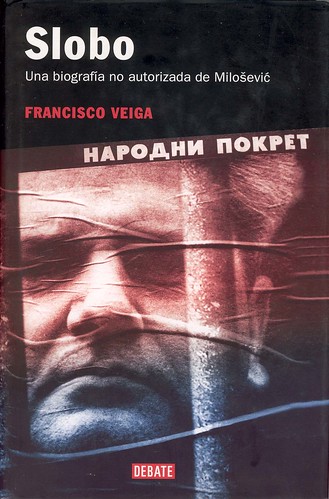
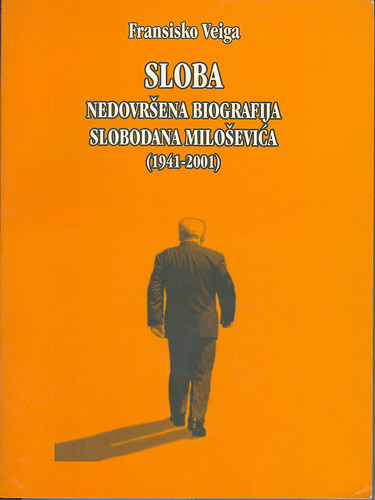
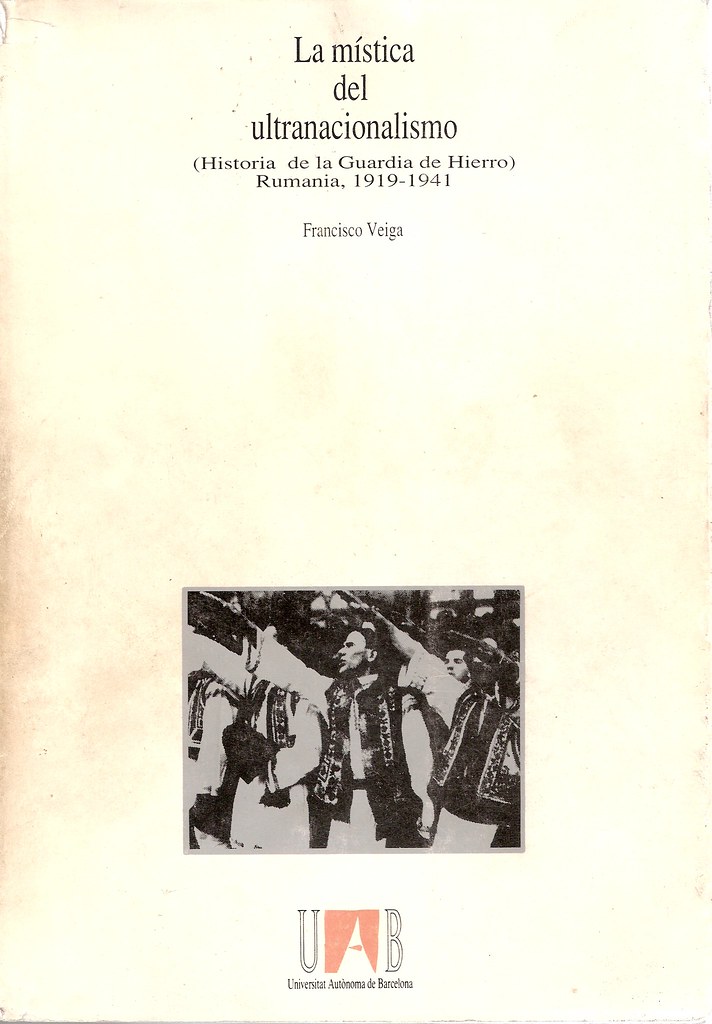
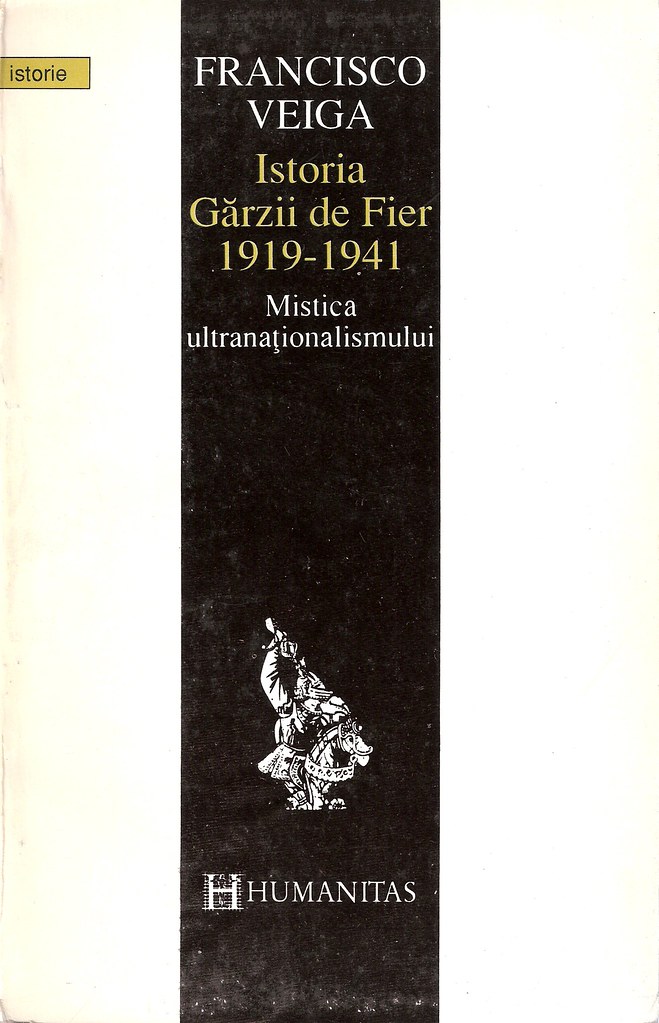

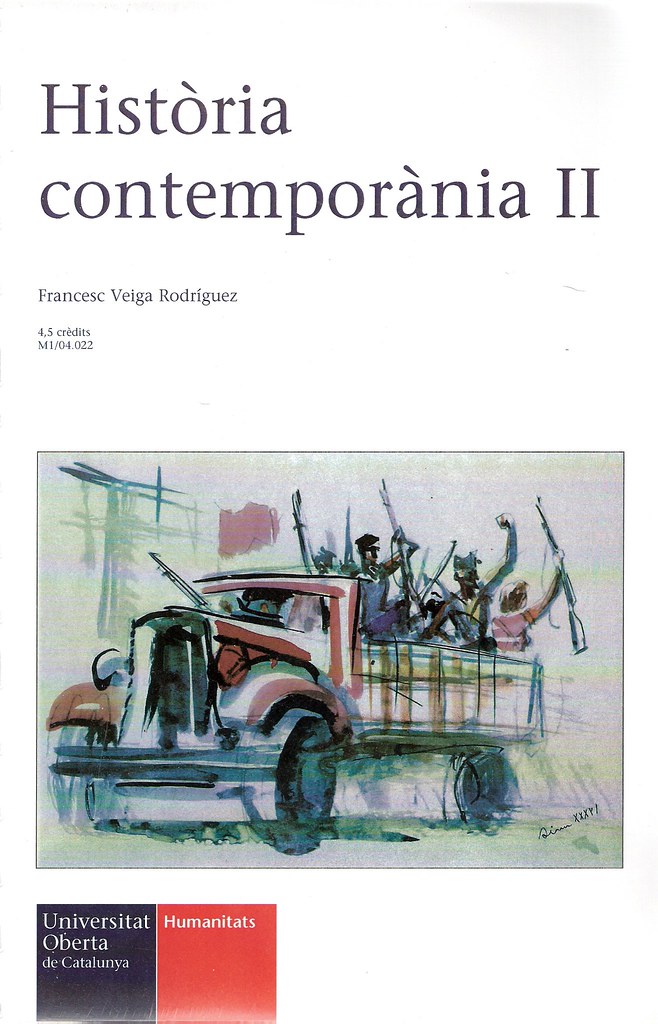
<< Home